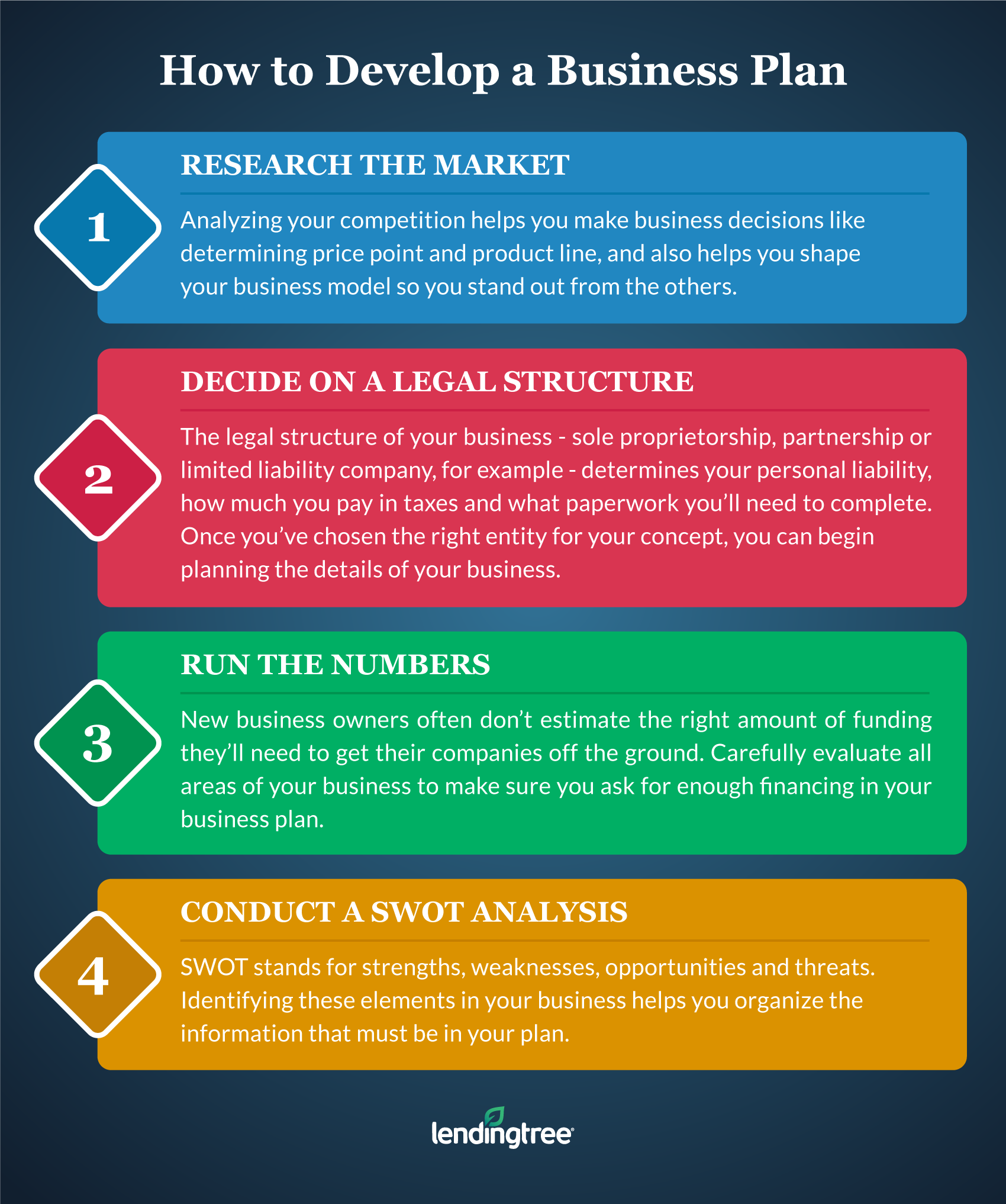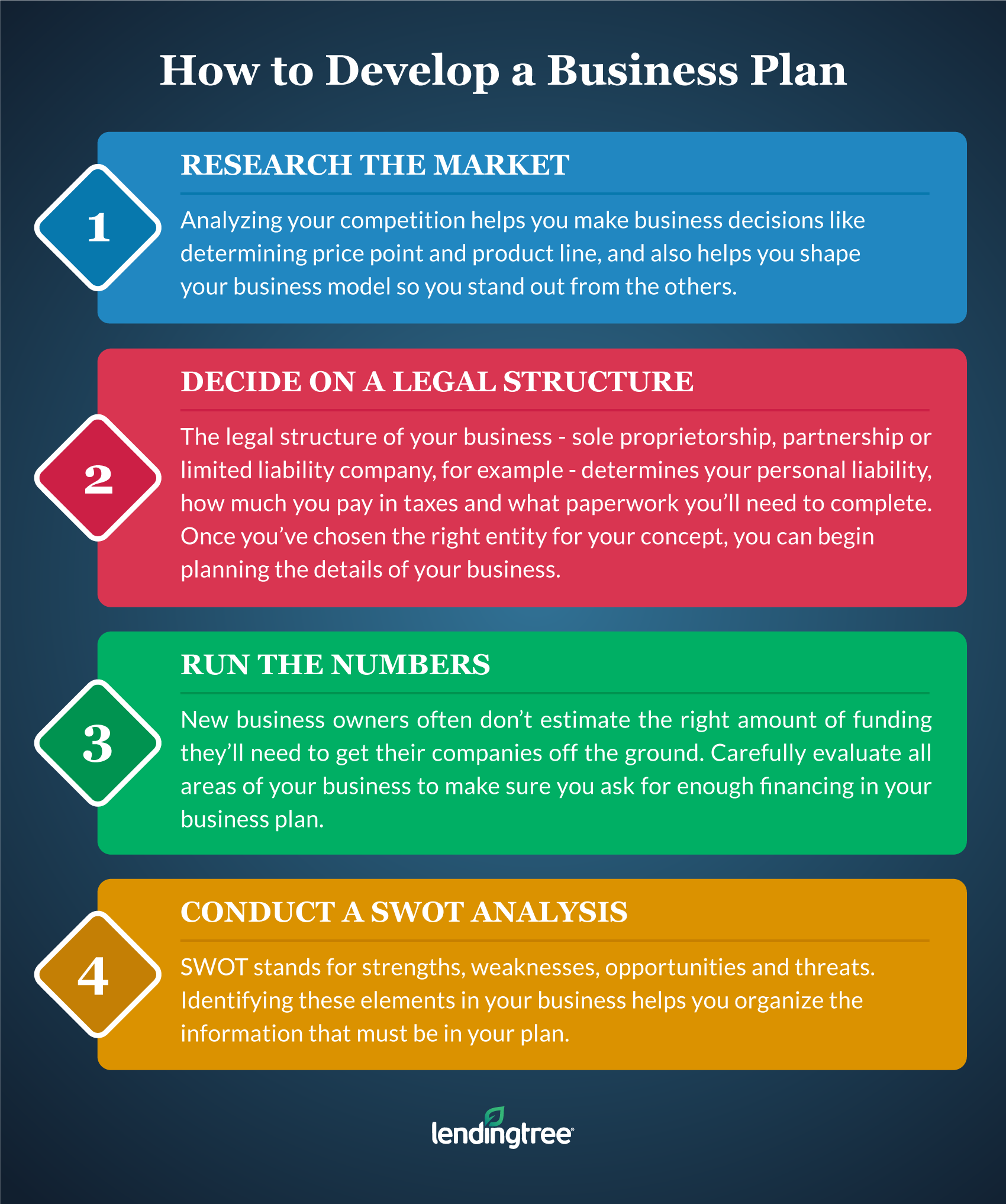
Investment Banking Basics: A Beginner’s Guide to the World of High Finance
Have you ever wondered how massive companies buy out smaller ones, or how a startup manages to raise billions to go public? The answer often lies in the sophisticated world of Investment Banking. Far from the everyday banking you might be familiar with, investment banking is a specialized sector of finance that acts as a crucial bridge between companies, governments, and investors.
For beginners, the terminology and operations can seem daunting. But fear not! This comprehensive guide will demystify investment banking, breaking down its core functions, key services, and the vital role it plays in the global economy.
Let’s dive into the fascinating realm of high finance!
What Exactly IS Investment Banking?
At its core, Investment Banking (IB) is a specialized financial service that helps individuals, corporations, and governments raise capital and provide financial advisory services. Think of investment banks as the "financial architects" or "strategic advisors" for large-scale financial transactions.
Unlike your local bank branch where you might open a savings account or get a mortgage (that’s Commercial Banking), investment banks deal with much larger sums and more complex financial operations.
Key Distinction:
- Commercial Banking: Focuses on deposits, loans, and everyday financial services for individuals and small businesses.
- Investment Banking: Focuses on capital raising, mergers and acquisitions (M&A), and strategic financial advice for large entities.
Who Are the Clients of an Investment Bank?
Investment banks serve a diverse range of clients, each with unique financial needs:
- Corporations: Public and private companies seeking to raise capital (for expansion, research, or operations), acquire other businesses, or sell off parts of their own.
- Governments: National, state, and municipal governments that need to raise funds for public projects (like infrastructure) through bond issuance.
- Financial Institutions: Banks, asset managers, private equity firms, and hedge funds that might need help with large transactions or strategic advice.
- High-Net-Worth Individuals (HNWIs): Though less common for core IB services, some very wealthy individuals might engage investment banks for complex transactions or private placements.
The Core Pillars: Key Services Offered by Investment Banks
Investment banks offer a suite of specialized services, each designed to address specific client needs. These are often organized into distinct divisions within the bank.
1. Mergers & Acquisitions (M&A) Advisory
This is perhaps the most well-known function of investment banking. M&A involves advising companies on buying, selling, or combining with other businesses.
- Buying a Company (Acquisitions): The investment bank helps a client identify potential targets, value the target company, structure the deal, negotiate terms, and secure financing.
- Selling a Company (Divestitures): The bank helps a client prepare the business for sale, find potential buyers, run an auction process, and negotiate the best possible price and terms.
- Mergers: Advising two companies on how to combine their operations into a single entity, often aiming for synergies (where the combined entity is worth more than the sum of its parts).
Why it’s crucial: M&A deals are incredibly complex, involving legal, financial, and strategic considerations. Investment bankers provide the expertise, network, and negotiation skills to navigate these intricate processes successfully.
2. Equity Capital Markets (ECM)
The ECM division helps companies raise capital by issuing and selling equity (shares of ownership) to investors.
- Initial Public Offerings (IPOs): This is when a private company sells its shares to the public for the first time, becoming a publicly traded company. Investment banks act as underwriters, meaning they help the company prepare for the IPO, price the shares, market them to investors, and guarantee the sale of a certain number of shares.
- Follow-on Offerings: After an IPO, a public company might issue new shares to raise additional capital.
- Convertible Bonds: Bonds that can be converted into a pre-determined amount of the issuing company’s common stock at certain times during their life.
Why it’s crucial: ECM allows companies to access a vast pool of capital from public markets, enabling them to fund growth, pay down debt, or make acquisitions.
3. Debt Capital Markets (DCM)
The DCM division helps companies and governments raise capital by issuing and selling debt (bonds or loans) to investors.
- Bond Issuance: Companies or governments issue bonds (essentially IOUs) to investors, promising to pay back the principal amount plus interest over a specific period. Investment banks advise on the type of debt, pricing, and timing of the issuance.
- Loan Syndication: Arranging large loans from a group of lenders (a syndicate) for a single borrower.
- Securitization: Pooling various types of contractual debt (like mortgages or auto loans) and selling them as marketable securities.
Why it’s crucial: DCM provides a flexible and often cost-effective way for entities to borrow large sums of money, diversify their funding sources, and manage their liabilities.
4. Sales & Trading (S&T)
While often part of the same large investment bank, Sales & Trading is distinct from the advisory (M&A, ECM, DCM) functions. This division facilitates the buying and selling of financial instruments for clients and for the bank’s own account.
- Sales: Salespeople act as intermediaries, connecting institutional investors (like hedge funds, mutual funds, pension funds) with the bank’s traders and research. They inform clients about market opportunities and product availability.
- Trading: Traders execute orders for clients (agency trading) or buy and sell securities using the bank’s own capital (proprietary trading, though more restricted post-financial crisis). They aim to profit from market fluctuations.
Why it’s crucial: S&T provides liquidity to financial markets, allowing investors to buy and sell securities efficiently. It also generates significant revenue for the bank through commissions and trading profits.
5. Research
Investment banking research analysts study specific industries, companies, and economies. They publish reports and make recommendations (e.g., "buy," "sell," or "hold" a stock) for institutional investors and the bank’s internal teams.
Why it’s crucial: Research provides valuable insights and analysis that can inform investment decisions for clients and support the sales and trading desks. It also enhances the bank’s reputation as a thought leader.
Why Do Companies Need Investment Banks?
You might wonder why large corporations, with their own finance departments, need to pay substantial fees to investment banks. Here’s why:
- Expertise and Specialization: Investment banks have deep knowledge of capital markets, deal structuring, valuation, and regulatory requirements. This expertise is difficult and expensive for individual companies to maintain internally for infrequent, complex transactions.
- Access to Capital & Investors: Banks have extensive networks of institutional investors (pension funds, mutual funds, hedge funds) and corporate connections. They can efficiently connect companies seeking capital with those willing to provide it.
- Credibility and Reputation: An established investment bank’s involvement lends credibility to a transaction, signaling to the market that the deal has been thoroughly vetted and structured professionally.
- Efficiency and Speed: Investment banks can execute complex transactions much faster and more efficiently due to their specialized teams, processes, and market access.
- Conflict of Interest Management: In M&A, an independent advisor helps ensure fair value and manage potential conflicts of interest between buyers and sellers.
The Investment Banking Career Path: A Glimpse
A career in investment banking is known for being demanding but also highly rewarding. The hierarchy typically looks like this:
- Analyst (Entry-Level): The backbone of the team. Analysts perform intensive financial modeling, valuation, industry research, and prepare presentations. Expect long hours.
- Associate: Often with an MBA, Associates manage Analysts, lead specific work streams, and are more involved in client interactions and deal execution.
- Vice President (VP): VPs manage teams, lead client meetings, and take on significant responsibility in deal execution and client relationship management.
- Director / Senior Vice President (SVP): More focused on client relationship management, deal origination, and strategic oversight.
- Managing Director (MD): The most senior role. MDs are responsible for originating new business, maintaining key client relationships, and overseeing major transactions. They are often specialists in specific industries or product areas.
Is Investment Banking Right for You? Key Skills & Lifestyle
Investment banking is not for everyone. It requires a unique blend of skills and a willingness to commit to a demanding lifestyle.
Essential Skills:
- Strong Analytical and Quantitative Skills: Excel proficiency, financial modeling, and the ability to interpret complex data are paramount.
- Attention to Detail: Even small errors can have massive consequences in large financial transactions.
- Work Ethic and Resilience: Long hours, tight deadlines, and high pressure are the norm. You need stamina and the ability to bounce back from setbacks.
- Communication Skills: Ability to clearly articulate complex ideas, both verbally and in written presentations (e.g., pitch books).
- Problem-Solving: The ability to think critically and devise creative solutions to complex financial challenges.
- Teamwork: Most projects are team-based, requiring strong collaboration.
Lifestyle:
- Long Hours: Expect to work 80-100+ hours per week, especially at junior levels. Weekends are often spent in the office.
- High Pressure: The stakes are incredibly high, and clients expect flawless execution.
- Travel: Depending on the role and client base, travel can be frequent.
- Compensation: While demanding, compensation is typically very high, especially as you advance, with significant bonuses tied to performance.
Conclusion: The Engine of Corporate Finance
Investment banking is a dynamic and essential part of the global financial system. It serves as the engine that powers corporate growth, facilitates strategic change, and enables governments to fund vital public projects. While it’s a field characterized by intense work and high stakes, it offers unparalleled opportunities to be at the forefront of major financial transactions and shape the economic landscape.
Understanding these basics is your first step into appreciating the complex, fast-paced, and incredibly influential world of investment banking.
Frequently Asked Questions (FAQs)
Q1: Is investment banking only for finance majors?
A: Not at all! While a finance background is common, investment banks recruit from a diverse range of disciplines including economics, engineering, mathematics, computer science, and even liberal arts. What matters more are strong analytical skills, a solid work ethic, and a genuine interest in finance.
Q2: What’s the typical career progression in investment banking?
A: Most start as Analysts (2-3 years), then progress to Associate (2-3 years, often after an MBA), Vice President (3-4 years), Director/SVP (2-3 years), and finally Managing Director (MD). This is a general path and can vary.
Q3: How much do investment bankers earn?
A: Compensation is highly competitive and depends heavily on the role, bank, and performance. Junior analysts can earn well over $100,000 in total compensation (salary + bonus), with figures rising significantly at more senior levels into the high six figures or even millions for top-performing MDs.
Q4: Is investment banking stressful?
A: Yes, it is widely considered one of the most stressful careers due to the long hours, high pressure, demanding clients, and the high stakes involved in transactions. Resilience and stress management are key.
Q5: What’s the difference between a "Bulge Bracket" and a "Boutique" investment bank?
A:
- Bulge Bracket Banks: These are the largest, globally diversified investment banks (e.g., Goldman Sachs, JP Morgan, Morgan Stanley, Bank of America, Citi). They offer a full range of services across all industries and geographies.
- Boutique Banks: These are smaller, independent firms that often specialize in specific industries, transaction types (e.g., M&A only), or regions. They may offer more hands-on experience at junior levels and a less hierarchical structure.




Post Comment